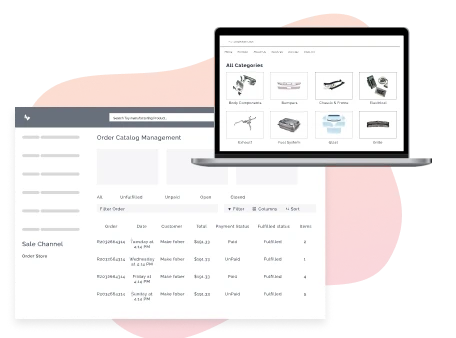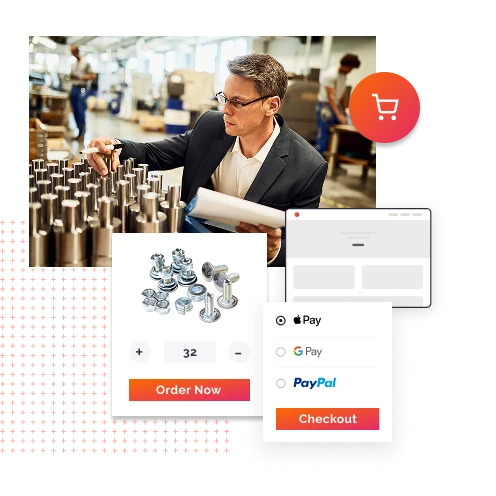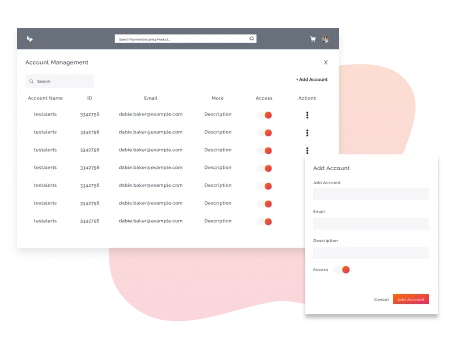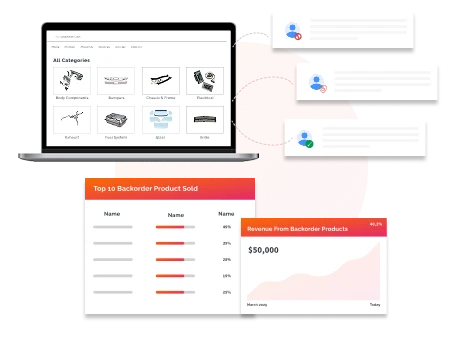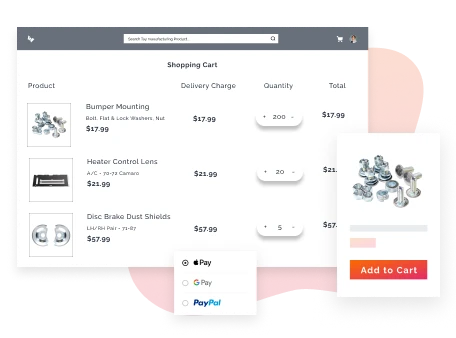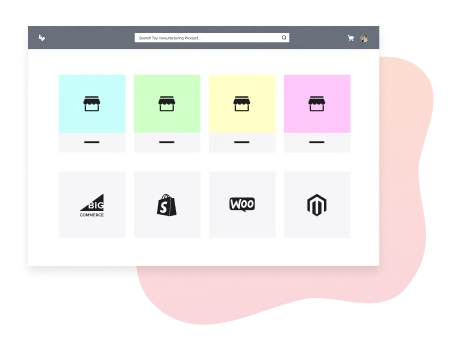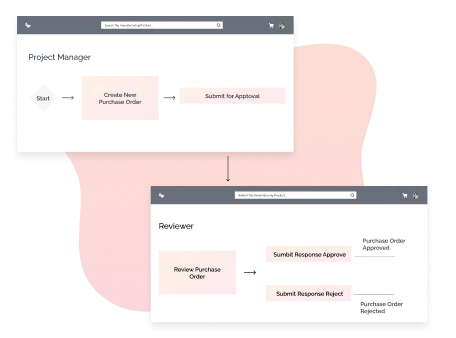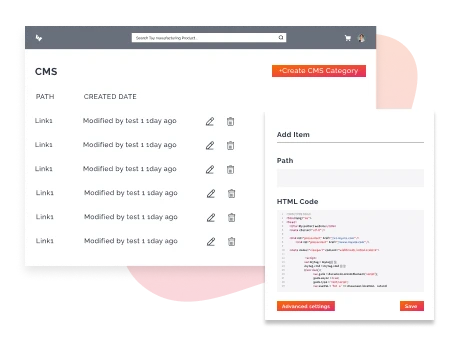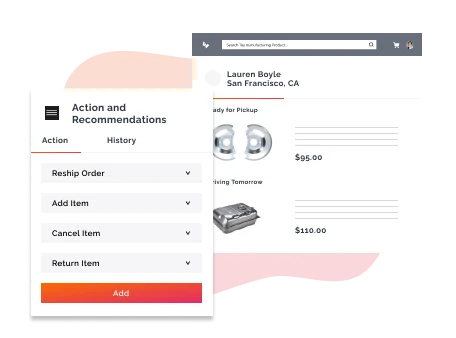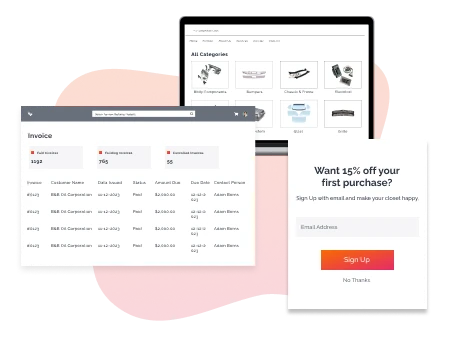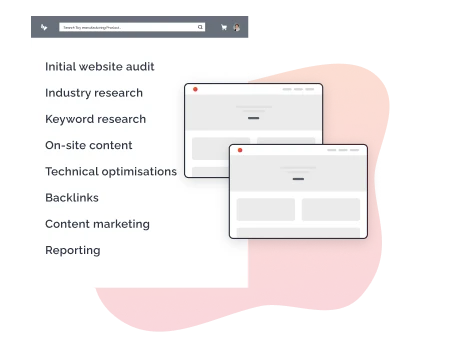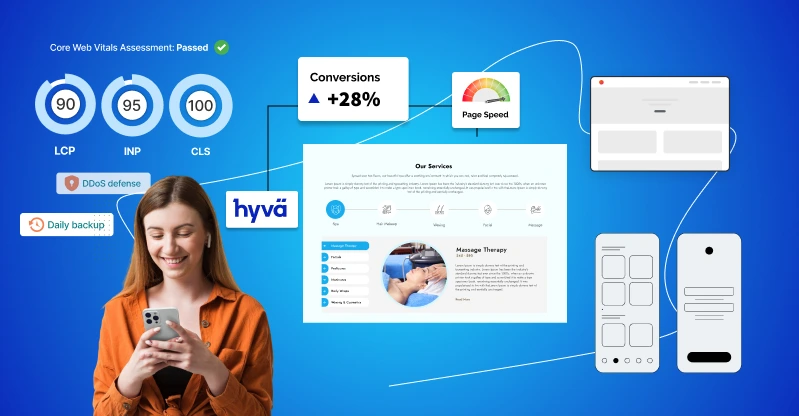 Why does a manufacturer require eCommerce?
Why does a manufacturer require eCommerce?
eCommerce solutions help firms to reach broader markets and speed up sales operations, resulting in increased consumer satisfaction. It simplifies order administration, lowering operational costs, but it also includes capabilities like pricing segmentation and catalogue management, which are critical for B2B today.
 How has technology affected manufacturing?
How has technology affected manufacturing?
Technology changes production through promoting decision-making based on data, helping transparent communication, and seamless process automation. eCommerce systems include real-time analytics, seamless ERP connectivity, and efficient inventory management.
 How can a manufacturer create an effective eCommerce platform?
How can a manufacturer create an effective eCommerce platform?
Manufacturers should concentrate on the following to establish a successful eCommerce platform:
- Determine the target market and specific requirements.
- They adapt and implement scalable and customisable technologies, such as headless commerce.
- In addition to multi-store capability, they provide customisable pricing and catalogue management.
- They can also work with seasoned development teams to ensure robustness and seamlessness.
 What will be the timeline for developing a manufacturing solution?
What will be the timeline for developing a manufacturing solution?
The timing of developing a manufacturing solution is determined by the project's complexity, scale, and unique needs. Please share your project information with us during our initial chat, and we will provide you with an approximate timeframe.
 What do manufacturers seek in an eCommerce platform?
What do manufacturers seek in an eCommerce platform?
The manufacturers are looking for a few key features for their eCommerce platform. Those are mentioned below.
- Advanced Catalogue Management
- Role-based access control.
- Account management.
- Adaptive pricing and shopping list management.
- Multi-store and worldwide management.
- SEO optimisation and promotion management.
- Integrate with ERP, CRM, and other key systems.
 How might a headless eCommerce solution help manufacturers?
How might a headless eCommerce solution help manufacturers?
Headless eCommerce allows manufacturers to remove front-end and back-end dependencies, making function and design autonomous and adaptive. Seamless integrations are provided to deliver experiences across several channels, including quick page loads and other capabilities.
 What function does custom development play in the eCommerce manufacturing sector?
What function does custom development play in the eCommerce manufacturing sector?
Custom development ensures that the eCommerce platform matches the manufacturer's specific needs, which may include tailored workflows, unique pricing models, multi-vendor support, and special integrations that boost productivity and customer satisfaction.
 How can eCommerce help manufacturers improve consumer engagement?
How can eCommerce help manufacturers improve consumer engagement?
Targeted advertising, dynamic product catalogues, and expanded search options all contribute to more personalised eCommerce experiences. Other elements, such as real-time estimates, configurable pricing, and a visual shopping experience, help to improve customer interactions and increase return visits.
 How can you integrate B2B eCommerce with manufacturing systems?
How can you integrate B2B eCommerce with manufacturing systems?
Our experience enables you to integrate with any system, including ERP, CRM, inventory, and order management, to ensure real-time adjustments and a smooth workflow.
 How do you move data from legacy systems?
How do you move data from legacy systems?
We use safe, staged migration with validation to ensure that data is transferred cleanly and completely.
 Do you offer ongoing support and maintenance?
Do you offer ongoing support and maintenance?
Yes, we provide frequent updates, monitoring, and 24/7 support to guarantee that your platform functions smoothly and without errors.
